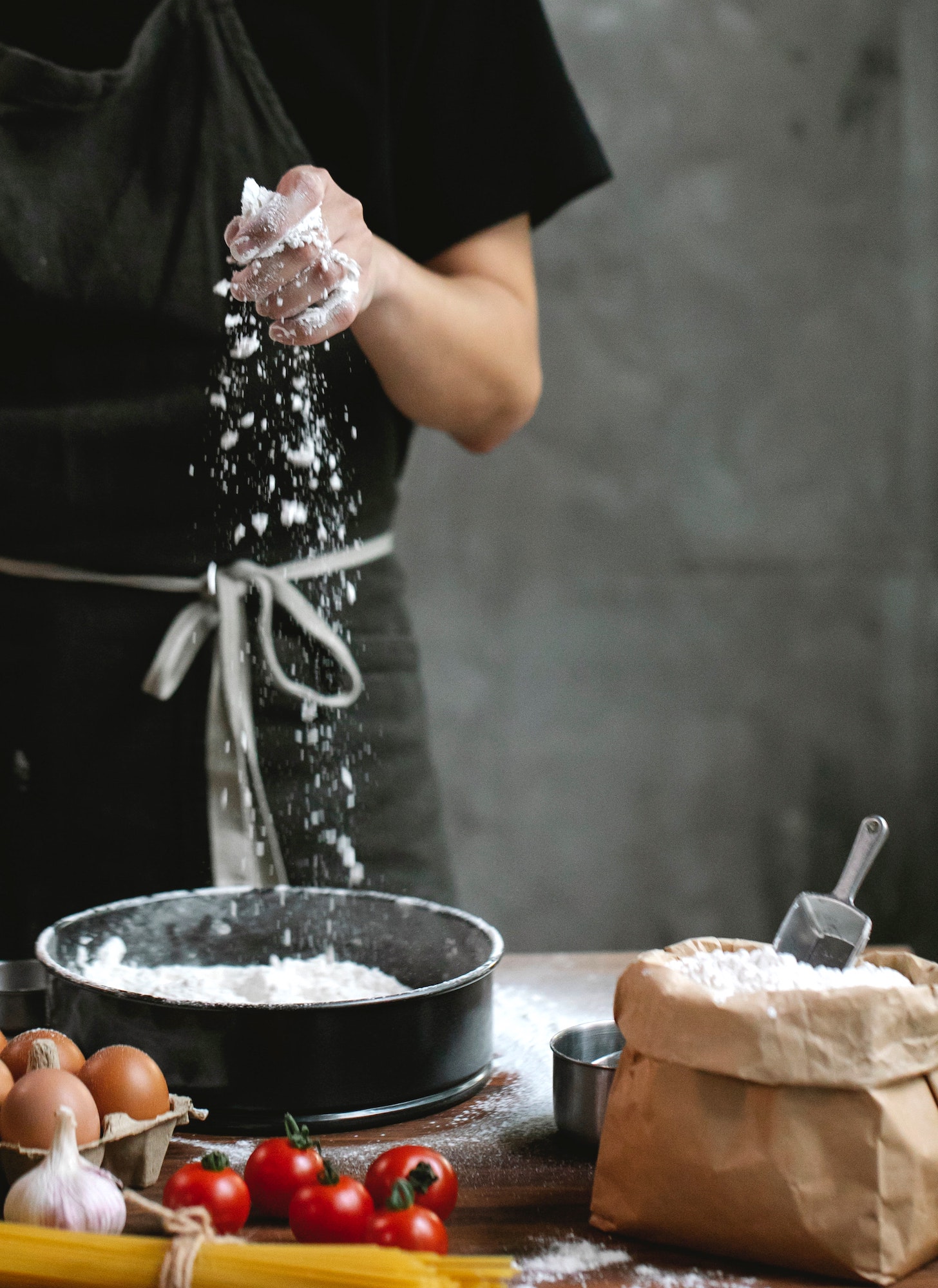Regaining a sense of normalcy during a global health crisis is something many people continue to work on. Although change and stress are inevitable, the context of this disruption to daily life is staggering—isolation, anxiety, and hopelessness are looming feelings that many are trying to work through.
To cope with the challenges of staying home, people have turned to various hobbies and activities that provide them comfort. For the past weeks, people have explored TV shows, video games, home workouts, and free online classes. But one thing people are also exploring is cooking and baking.
Trends on social media point to how people use cooking as a means to release stress and socialize through TikTok and Michelin-rated Instagram live streams.
Aside from being a functional activity, cooking allows you to stay active mentally and physically during quarantine. Both of these activities are worthwhile engagements whether you’re looking to pass the hours away, learn a new skill or simply feel better about everything happening right now.
Here are other ways that cooking and baking impact your mental and emotional well-being:
Fosters socializing
While you can hardly expect quarantine to become an avenue for socialization, online communities can keep you company. In a 2018 study done on cooking groups, cooking was found to be a great way to foster feelings of belongingness and to bond over shared social interests.
In a 2014 report, psychologists are now using cooking and baking as therapy tools for people suffering from depression and anxiety.
Chefs are opening online classes or live cooking demos through social media so you at least have some company while attempting to recreate a new dish. If you’re quarantined with family, you can also make meal preparation a family effort. Participating in viral cooking trends not only gives you good food but also a sense of community with those who’ve tried it with.
In the same study, test subjects were reported to have formed better social interaction behaviors with those outside their cooking group. They also continued on with their love of cooking, working on preparing meals even six months after the experiment.

Spurs creativity
To many chefs and cooks, cooking is an art. A recipe may be the foundation but what makes it a quality experience is personal interpretation. In the same way, cooking and baking regularly exercises your creativity and increases your well-being.
Although great cooking requires skill, it doesn’t hurt to go through trial and error to master a dish you love or to reinvent an old favorite. Baking is also a challenge that requires precision and patience but it wouldn’t hurt to add a little innovation, especially at a time when cooking is all about experimenting with what you currently have.
Cooking and baking are immersive experiences that engage the mind and body. This can be a form of mindfulness where you can focus on the moment itself.
Helps find meaning
One of the best things about cooking and baking is that you have something to eat for your efforts. In 2014, the Wall Street Journal reported that psychologists are now using cooking and baking as therapy tools for people suffering from depression and anxiety.
Aside from soothing stress and building self-esteem, these activities curb negative thinking through behavioral activation, a therapy tool that increases goal-oriented behavior. In cooking and baking, the person’s endeavors are rewarded with the dish they poured all their effort into, thus conditioning the person to feel accomplished and confident in themselves.
Relieves stress and increases mindfulness
Cooking and baking are immersive experiences that engage the mind and body. This can be a form of mindfulness where you can focus on the moment itself. Because many recipes require full concentration, you can maintain attention on the task, as opposed to checking social media again and again.
Mindfulness-based practices such as cooking play a role in the treatment of anxiety as several studies suggest. A study done on patients hospitalized in a burn unit also concluded that cooking distracted them from thinking about their injuries and other health-related anxieties. The study also reported that 38 percent of the participants feel less anxious when they are participating in group cooking.
Times like these are stressful but if you’re lucky enough to be able to stay home, go easy on yourself and work on finding comfort within your own home.

